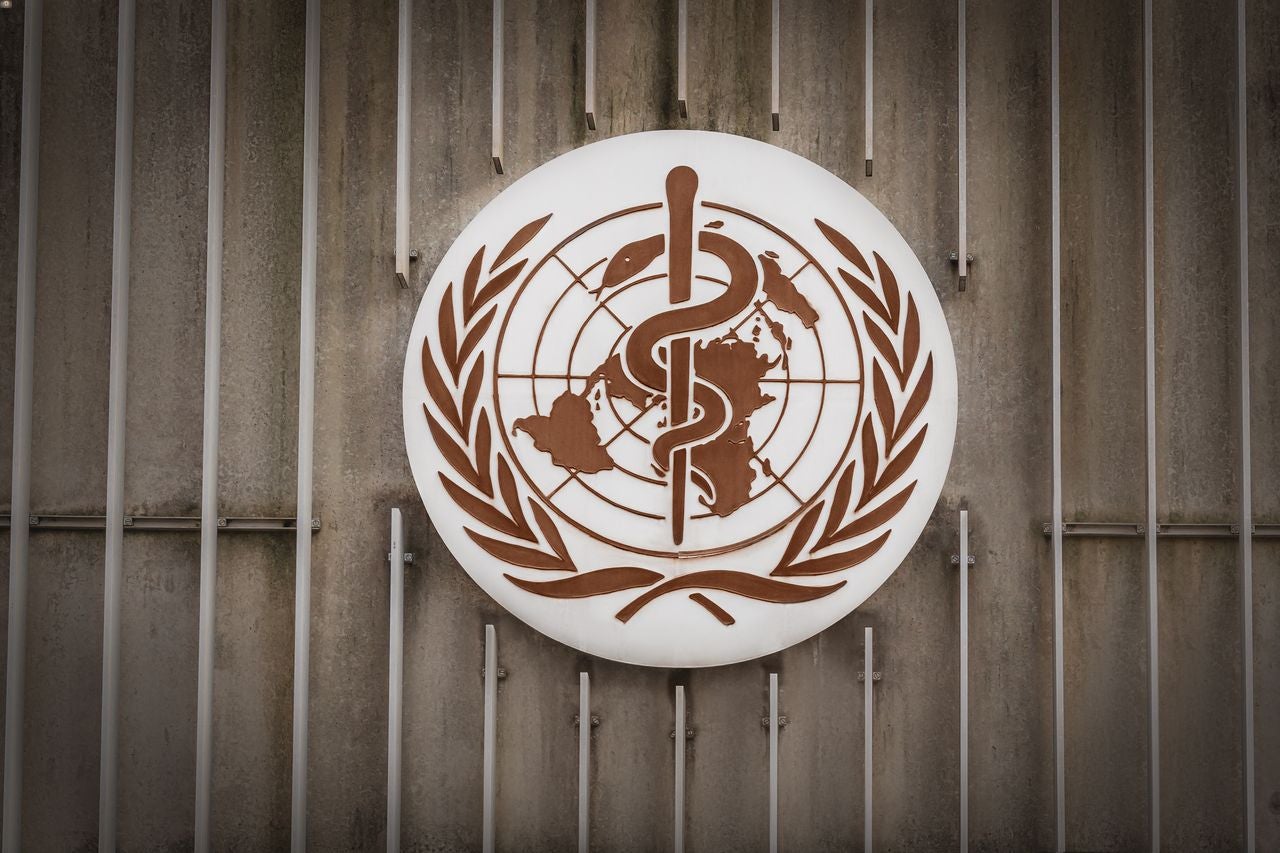At the 33rd European Congress of Clinical Microbiology and Infectious Diseases (ECCMID) 2023 conference in Copenhagen, Denmark, the World Health Organization (WHO) presented its methodology for the revision of its 2022-2023 Bacterial Priority Pathogens List (BPPL) – a list of antibiotic-resistant bacteria considered to pose the greatest threat to human health.
Antimicrobial resistance (AMR) refers to the inability of bacteria, viruses, fungi, and parasites to respond to antimicrobial treatment. Antimicrobial-resistant infections are difficult to treat and therefore lead to persistent infections, an increased risk of spreading the infection to others, severe illness, and possible death. According to the 2019 Global Burden of Disease (GBD) study, nearly five million deaths annually are associated with AMR.
The Global Action Plan on AMR was adapted by the World Health Assembly in 2016, and it subsequently published its first BPPL in 2017. Encompassing such pathogens as Acinetobacter baumannii (carbapenem-resistant), Enterococcus faecium (vancomycin-resistant), and Streptococcus pneumoniae (penicillin-non-susceptible), the objectives of this list included increasing awareness of AMR, reducing the incidence of infection, and sustainably increasing investments in new medicines, diagnostics, vaccines, and other interventions. The impact of the first BPPL was apparent – since its publication in 2017, seven new antibiotics have been brought to market that target pathogens in the critical priority group.
In the five years following the publication of the first BPPL, AMR has evolved, new evidence/data has become available, and new criteria to address limitations have been established. The revised criteria for the 2022-2023 BPPL includes updated assessments of mortality, incidence, non-fatal health burden, ten-year resistance trends, preventability, transmissibility, treatability, pipeline, and community burden. For example, there were previously four scoring levels for mortality (<10%, 10-20%, 21-40%, >40%) utilising PRISMA methodology, however, scarce data existed for low- and middle-income countries. There will now be five scoring levels for mortality (<5%, 5-10%, 11-20%, 21-30%, >30%) based upon new study data from the Institute for Health Metrics and Evaluation (IHME, GBD) and published literature. Each of the criteria was subsequently updated to reflect new definitions, new variables, new methodologies, and simplified scoring. The updated 2022-2023 BPPL is expected to be released later this year.
In anticipation of the upcoming 2022-2023 BPPL, the WHO released its Fungal Priority Pathogens List (FPPL) in October 2022. The critical priority group includes Cryptococcus neoformans, Candida auris, Aspergillus fumigatus, and Candida albicans. Correspondingly, public health initiatives have begun to facilitate access to antimicrobials, improve diagnosis in vulnerable populations, increase surveillance, and maintain timely detection and response to outbreaks.

US Tariffs are shifting - will you react or anticipate?
Don’t let policy changes catch you off guard. Stay proactive with real-time data and expert analysis.
By GlobalData





